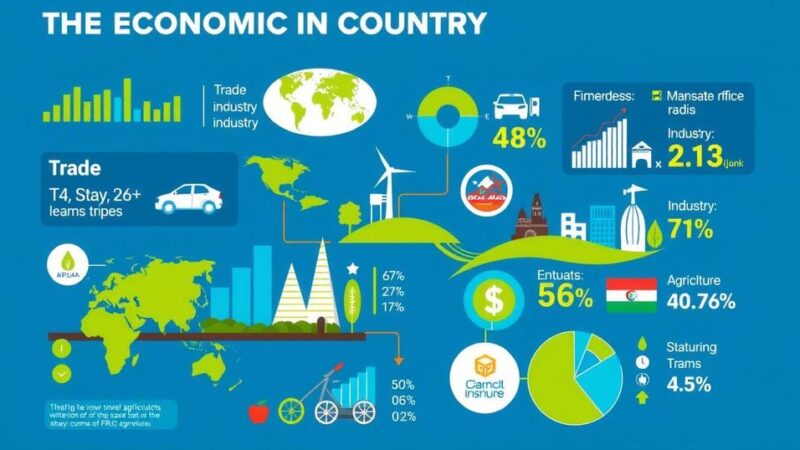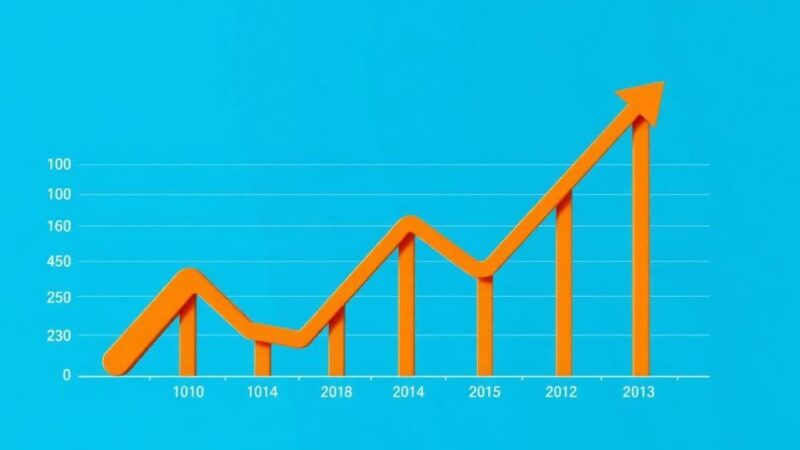Nigerian inflation has decreased for the second month, reaching 23.2% in February. This decline fuels expectations for a stable interest rate policy by the Central Bank of Nigeria. Revision of the consumer price index aims to better reflect current economic pressures, indicating an optimistic outlook for inflation trends in the coming months.
Nigerian inflation has shown signs of moderation, marking a decrease for the second consecutive month. In February, annual inflation fell to 23.2% from 24.5% in January, according to the National Bureau of Statistics. Additionally, food inflation decreased to 23.5%, down from 26.1%, although core price growth slightly increased to 23% from 22.6%.
The cooling inflation rates may prompt the Central Bank of Nigeria to maintain interest rates during its upcoming policy meeting in May. In response to previous economic pressures, the Central Bank paused its tightening measures last month, keeping the benchmark interest rate at 27.5% following multiple hikes aimed at controlling inflation and stabilizing the naira.
Yvonne Mhango, a Bloomberg Africa economist, noted, “Annual headline inflation in Nigeria cooled for a second consecutive month in February. We anticipate more of the same as energy prices moderate ahead – our call is for the consumer price index to slip below 20% by the end of 2025. Policymakers will probably start easing in the second half of 2025.”
The National Bureau of Statistics has also revised the consumer price index significantly for the first time in 16 years, updating the reference year to 2024. This adjustment is intended to better capture current inflation pressures faced by households within the nation, particularly by reducing the weighting of food and non-alcoholic beverages within the index from 51.8% to 40%. Over the month, the data indicated that February’s inflation rate was 2% on a month-to-month basis.
The recent dip in Nigeria’s inflation rates suggests a potential stabilization of price pressures in the near future. With the Central Bank likely to refrain from further interest rate hikes, the economic environment may shift positively as food prices and energy costs continue to moderate. The adjustments made by the National Bureau of Statistics further enhance the accuracy of inflation assessments moving forward, benefiting policy decisions.
Original Source: financialpost.com






